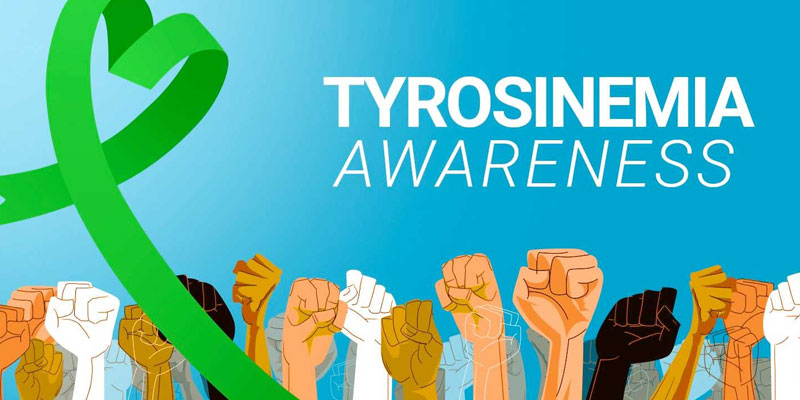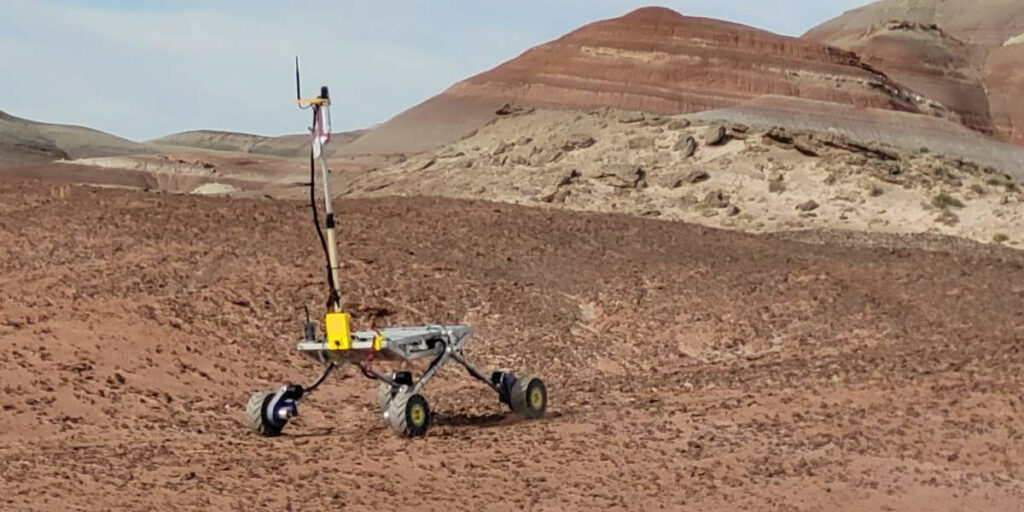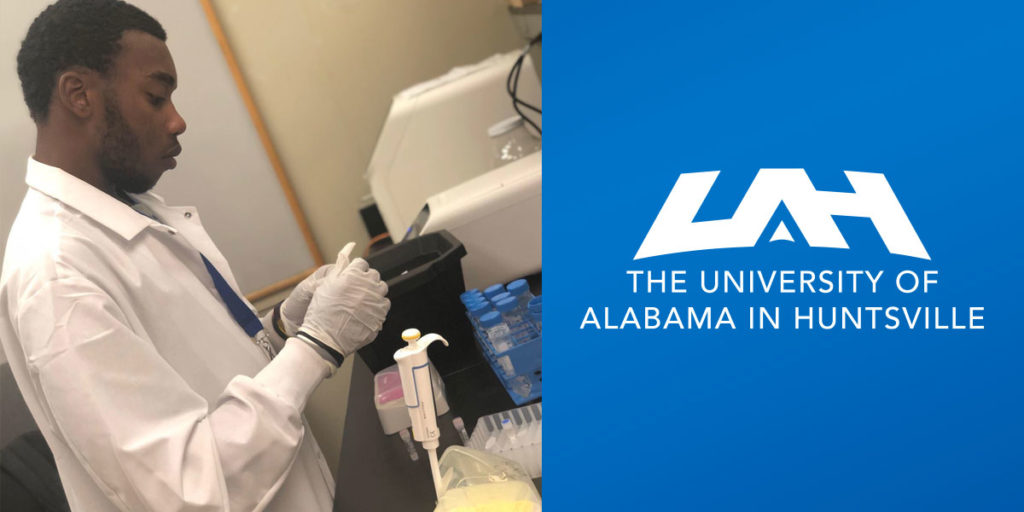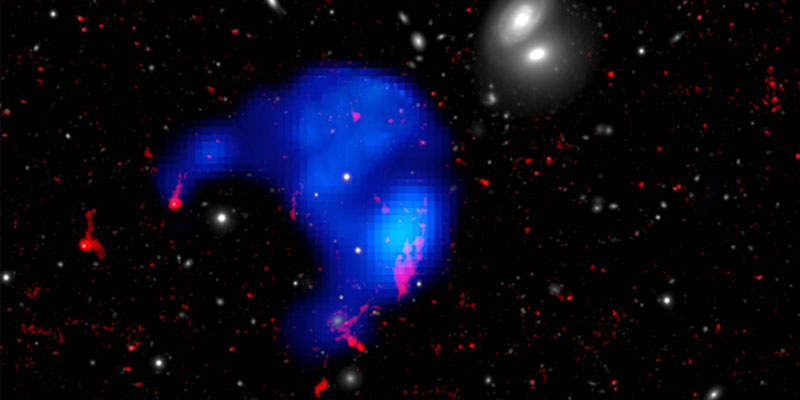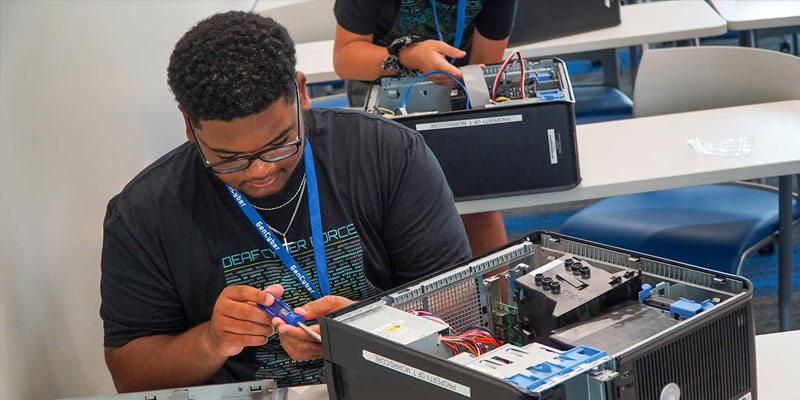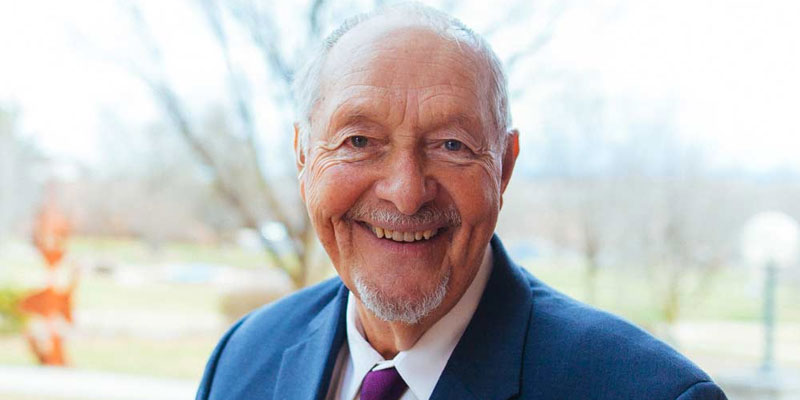Nursing faculty and staff members at The University of Alabama in Huntsville (UAH), a part of The University of Alabama System, are giving back to both their community and the world by supporting the Tyrosinemia Society and its new partnership with an organization called PatientsLikeMe.
The Tyrosinemia Society is a non-profit organization dedicated to helping those in the tyrosinemia community. Tyrosinemia comprises a group of rare genetic disorders that prevent the breakdown of the amino acid tyrosine. Usually detected in infancy through newborn screening tests, tyrosinemia occurs in one out of every 50,000-100,000 births worldwide. Without treatment, the condition can lead to liver failure, but with early detection and lifelong management, people with tyrosinemia can develop normally and live healthy lives.
UAH faculty and staff came to be involved with the society when they saw the chance to make a real difference in the lives of people with this condition.
“Faculty in the college of nursing saw a need for a non-profit advocacy organization to support the needs of families and patients affected by the four types of tyrosinemia,” says Dr. Elizabeth Barnby, Clinical Associate Professor in the CON and president of the society. “The Tyrosinemia Society supports patients and families with all four types of tyrosinemia: transient tyrosinemia, tyrosinemia type 1, tyrosinemia type 2 and tyrosinemia type 3. Type 1, 2 and 3 are rare hereditary diseases caused by enzyme deficiency on the tyrosine catabolic pathway. Transient tyrosinemia is more common, but only a transient condition that occurs most frequently in babies born prematurely. The most severe type of tyrosinemia is type 1, and it is a life-threatening disease that can take the life of a child very early in life, but if identified and treated it can become a manageable disorder.”
This year, the Tyrosinemia Society has joined forces with PatientsLikeMe (PLM), the world’s largest integrated community, health management and real-world data platform. This collaboration will give visibility to the society and its members, enabling them to learn from their peers living with tyrosinemia, and provide an opportunity for the tyrosinemia community to share their lived experiences by contributing patient-generated data. This data will ultimately be used to increase researcher knowledge of the condition through a natural history study.
“All types of tyrosinemia will benefit from a natural history study to improve our understanding of the basic disease pathophysiology,” Dr. Barnby explains. “I am very grateful that my colleagues at UAH and other institutions throughout the country and the world have chosen to volunteer their time and energy to make the non-profit Tyrosinemia Society possible. Their efforts are truly selfless and humanitarian and will make the lives of children and caregivers impacted by tyrosinemia and related disorders better.”
The society partnering with PLM represents an important leap toward providing a solid body of data that would otherwise be difficult to obtain about this relatively rare disease, significantly benefitting families affected by tyrosinemia. Developing an online community to support tyrosinemia patients and caregivers represents the first time a pediatric rare disease community has partnered with PLM, laying a foundation for other rare disease communities to follow.
Along with Dr. Barnby, other UAH volunteers supporting the society include board member Dr. Jerome Baudry, webmaster Hunter Cowing, board chair Dr. Kader Frendi, board member Dr. Angela Hollingsworth, secretary Preston Miller, vice president and treasurer Dr. Mark Reynolds and medical/scientific advisory board chair, Dr. Darlene Showalter. Dr Gordon MacGregor and Dr. Casey Norris, previous faculty at UAH, will continue to serve as well. The volunteers have become essential to supporting this cause by performing a myriad of tasks and services.
“These volunteers give their time, their talents and their hearts to the cause willingly and accept no reimbursement,” Dr. Barnby notes. “They are truly the most wonderful thing about the Tyrosinemia Society. They are making a huge difference for children throughout the world! They are building a non-profit structure of support for the families with financial grants from key stakeholders. They build web pages, answer questions, educate the public about tyrosinemia and network with the National Institutes of Health (NIH), the Genetic and Rare Diseases Information Center (GARD) and the NIH/Office of Rare Disease Research (NORD) to improve outcomes for patients with tyrosinemia. Some even translate, since people from all over the world contact the Tyrosinemia Society on a regular basis. We are a leader in the care of tyrosinemia doing what we can in our free time to help. And none of this would have been possible without the support of the UAH College of Nursing administration as well.”
The Tyrosinemia Society is a community of advocates, caregivers and health professionals dedicated to educating and inspiring individuals to improve health outcomes and advocate for adults and children with tyrosinemia and related disorders. The society has earned a global reputation for transforming healthcare outcomes for those affected by this disorder through education and research in collaboration with universities and healthcare industry professionals. To learn more about the society and its mission, please visit tyrosinemia.org.
PatientsLikeMe enables its members to monitor symptoms of their condition(s), share their disease experiences and treatment outcomes and learn how to improve their care through peer-to-peer interactions. Members can put their disease experiences in context and find answers to their questions by easily connecting directly with members who have the same conditions, individuals who are experiencing the same symptoms or have used similar treatments. For information about PatientsLikeMe, visit patientslikeme.com.
(Courtesy of UAH)




